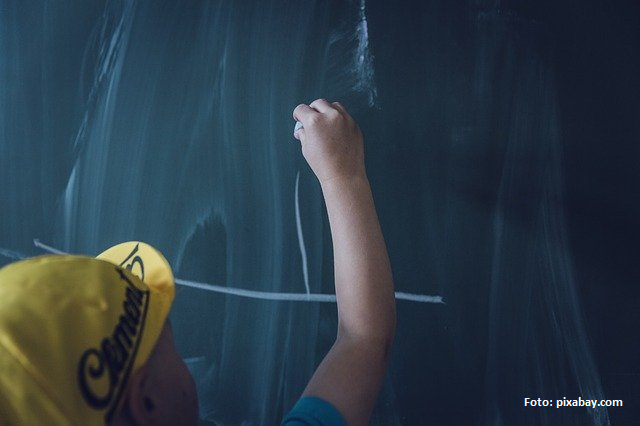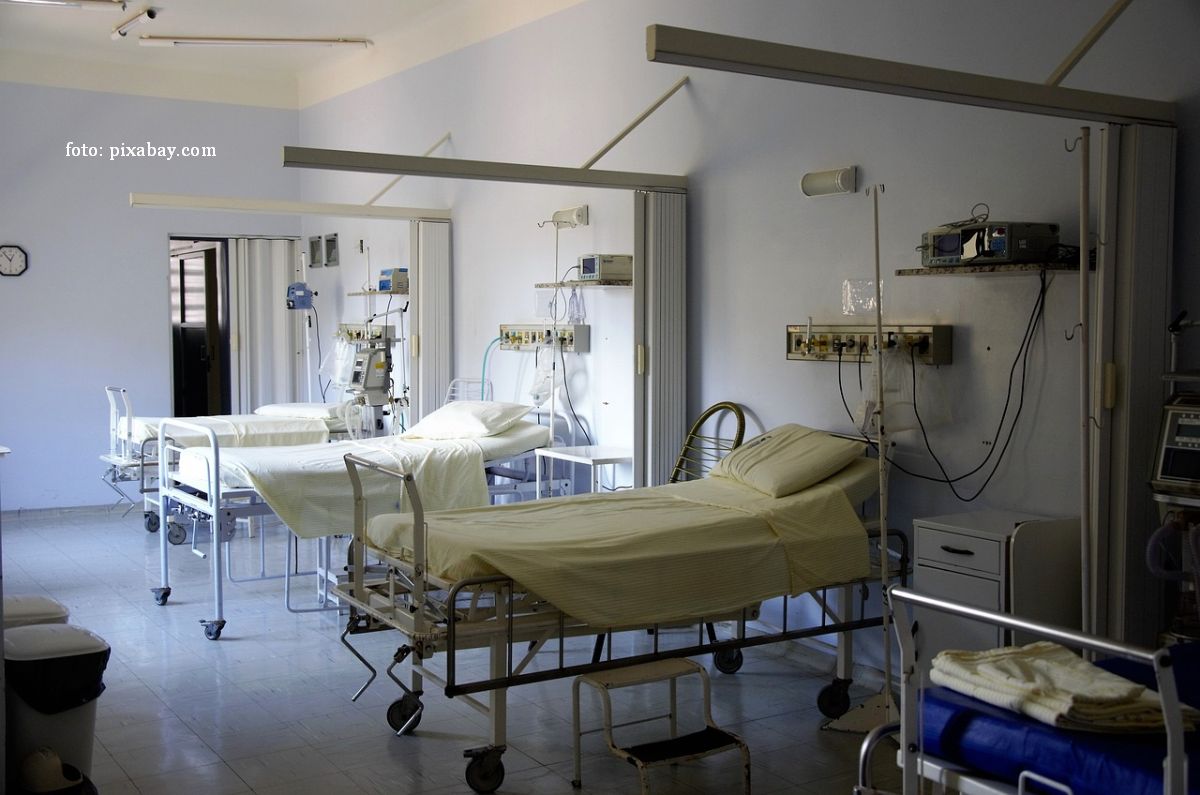Government passes new education bills
Romanian education prepares for new changes.

Bogdan Matei, 30.03.2023, 14:00
No other sector has been subject to as many changes as Education, in more than 30 years of Romanian post-communism. The chronic political instability in the country has made it possible for various individuals to be appointed at the helm of the education ministry, all willing to innovate and leave their mark on the system. As they only kept their post for a short period, all they usually managed to do is suspend the reforms promoted by their predecessors. No wonder that the three decades of so-called innovation, have eventually took their toll.
Students and parents alike have often denounced the confusion sparked by the frequent change of rules during the game, but their voices have not been heard. As a result, Romanians who can afford it, prefer to send their children to study abroad. The best high-school graduates also choose to leave the country. Technical education is no longer efficient, so finding a good plumber or a mechanic, for instance, is a real adventure. Adding to this is the fact that the high levels of stress and the small salaries have prompted many teachers in rural areas and small towns find other jobs, leaving most teaching jobs to substitutes. In spite of reports not being always clear and relevant, official figures show a high level of functional illiteracy among the Romanian school graduates.
The tip of the iceberg has been the recent changes in the field announced by the current Education Minister, Ligia Deca, which she believes will improve the state of things. Drawn up under her close supervision, the draft education laws were passed by the Government on Wednesday and will be sent to Parliament for debate and approval. The laws are based on the vision generated by a project entitled “Educated Romania” launched shortly after Klaus Iohannis, a high school teacher himself, became the head of state in 2014.
The higher education law aims at preventing university dropout and supporting European cooperation among Romanian universities. The pre-university education law aims mainly at reducing school dropout and functional illiteracy. Minister Deca has promised that the new education system will have students at core and will focus on stimulating their potential.
More than 3 billion euros have been earmarked for the enforcement of the new laws. The money was received from Brussels, under the National Recovery and Resilience Plan. The minister is convinced that the education laws will be adopted by Parliament through an emergency procedure. The USR, in opposition, criticize the manner of adopting these laws, arguing that the ruling coalition (PSD, PNL, UDMR) wants a legislative package adopted hastily, without thorough debate, and say they are preparing amendments to what they see as a real reform of the system. (EE)






























